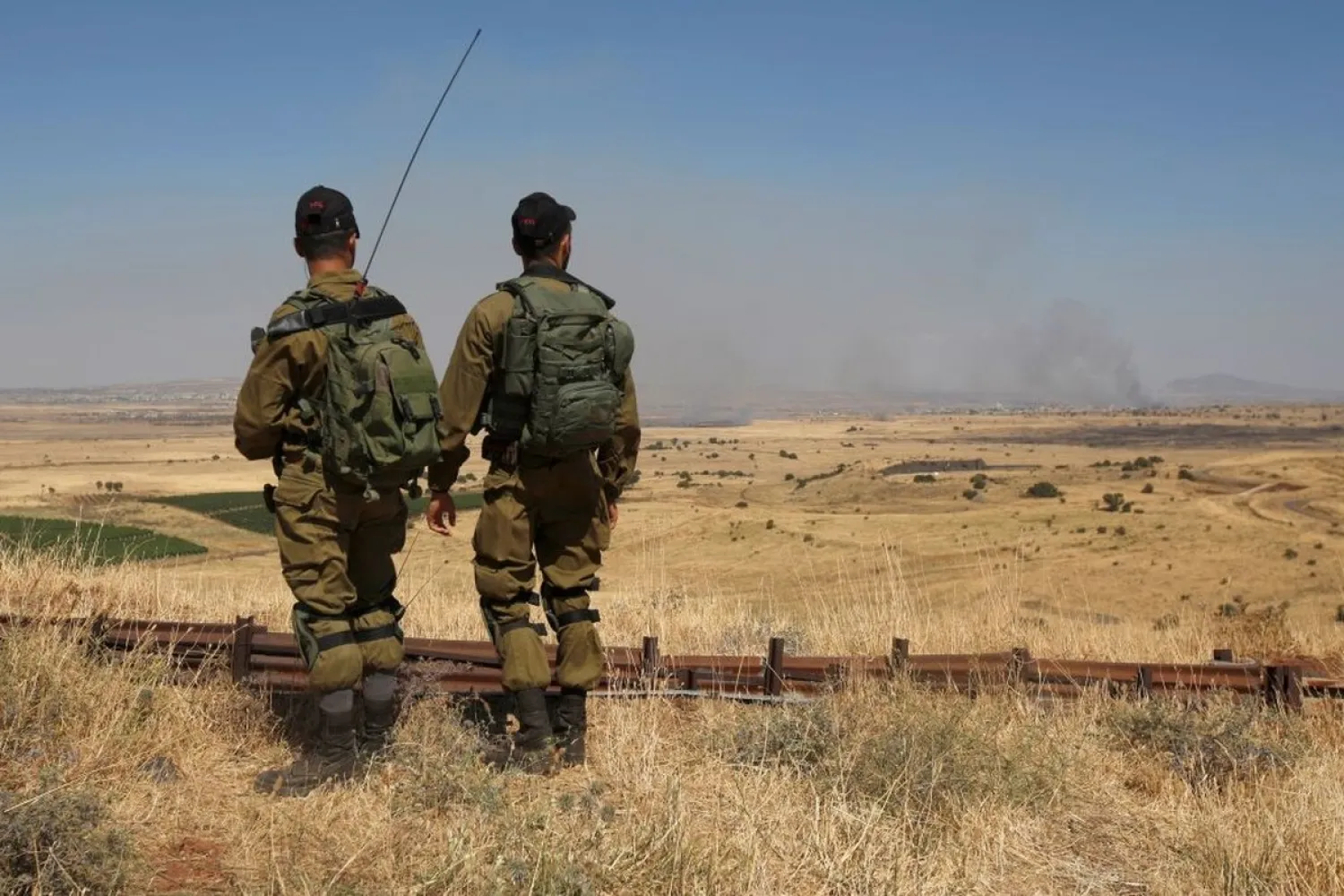Israeli Prime Minister Benjamin Netanyahu said on Sunday he will travel to Moscow later this week to meet Russian President Vladimir Putin to discuss Israel’s stance on southern Syria.
Speaking at the start of the weekly cabinet meeting, Netanyahu said Israel "will not tolerate a military deployment of Iran and its proxies in any area of Syria."
"We meet from time to time to ensure security coordination and of course discuss developments in the region," he added.
“At the meeting, I will reiterate the two basic principles of Israel's policy: First, we will not tolerate the establishment of a military presence by Iran and its proxies anywhere in Syria – not close to the border and not far away from it. Second, we will demand that Syria, and the Syrian military, strictly uphold the 1974 Separation of Forces Agreement,” he stressed.
The agreement prevents the Syrian regime forces from being present with heavy weapons in a security belt along the border.
This effectively prevents them from entering the region of Quneitra and other border regions, which are currently controlled by the opposition, sources close to Netanyahu explained.
"I also maintain constant contact with the US administration. These ties with the two great powers (Russia and the US) are very important for the security of Israel, especially now," added Netanyahu.
In its statement on Friday, the Israeli military said that, while not involved in Syria’s war, it would “continue to implement the 1974 Separation of Forces Agreement that includes maintaining the buffer zone.”
The UN-monitored 1974 armistice bars or limits military build-ups by either side around the Golan.
An Israeli cabinet minister said on Thursday that Israel could fire at any Syrian forces it deems to be violating the truce deal.
According to analyses in Tel Aviv, the Syrian regime operation to take control of the areas adjacent to the ceasefire line will take several weeks and will not be as easy to control as Daraa.
The regime should not escalate tensions before the end of the Russia-hosted World Cup so as not to anger Moscow.









